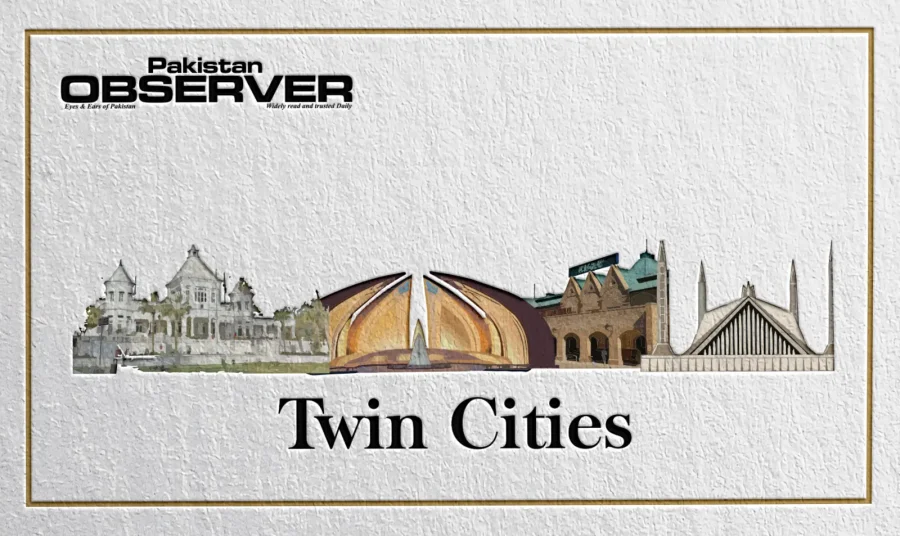The preparations for celebrating Eid-ul-Azha are in full swing in Rawalpindi division and suburbs, where people are thronging cattle markets on Sunday to buy sacrificial animals. People are visiting 11 cattle markets set up across the district and several local markets to purchase sacrificial animals. Though there is a complete ban on the sale and purchase of sacrificial animals in the city areas, a huge rush of people is also being witnessed at unauthorized cattle markets that have been set up at Bagh Sardaran, Pirwadahi, Khaban-e-Sir Syed, Bostan Road, High Court Road, Dhoke Syedan, Misrayal Road, Range Road, Bakra Mandi Road, Chor, and other areas in the city and cantonment limits. People, especially children, are showing great interest in getting the animals of their choice.
The majority of cattle owners have come from interior Punjab, while animals have been brought from hilly areas including Sawat and Kaghan. The average price of a normal goat is between Rs 50,000 and Rs 80,000, while the price of a cow with a normal weight is between Rs 20,000 and Rs 300,000. Talking to APP here, animal seller Asif, who came from Muzaffargarh, informed me that he spent a lot of money on animals and their transportation to the animal market.
“The cost of fodder is also high, so it is not possible to sell animals without a profit,” he said. In view of high prices, people belonging to the middle class prefer to purchase cows on a sharing basis to fulfill their religious duty. However, the prices of sacrificial animals, including goats, cows, and camels, are much higher as compared to last year, according to a customer. He expected some reduction in the prices of animals on Sunday night.
Meanwhile, Rawalpindi Waste Management Company (RWMC) has cancelled the holidays of around 3832 sanitary workers and officials to ensure cleanliness during Eid-ul-Azha.
The RWMC has finalized a comprehensive plan for Eid-ul-Azha to remove the entrails of sacrificial animals on the directives of Chief Minister Punjab, Maryam Nawaz Sharif.
According to Chief Executive Officer RWMC Rana Sajid Safdar, 485 vehicles, including dumpers, tractors, trolleys, pick-ups, and excavators, would be used to remove the animal waste from all areas of the district.
He said, “About 18 permanent collection points and 43 mobile transfer stations would be set up in the city and tehsils for disposing of entrails and waste.”
He further informed us that thousands of biodegradable bags and a large number of pamphlets were also distributed among the residents.
He said that the RWMC workers would be present at collective slaughter points with hand carts for proper disposal of offals and other animal waste during Eid. Safdar further said that eight camps would be set up for the registration of complaints and distribution of biodegradable bags, while the company would remove over 9,000 tons of expected waste during the Eid days.
The CEO informed us that around 1,000 banners had also been displayed at the main points of the city to create awareness among the masses about the cleanliness drive.










